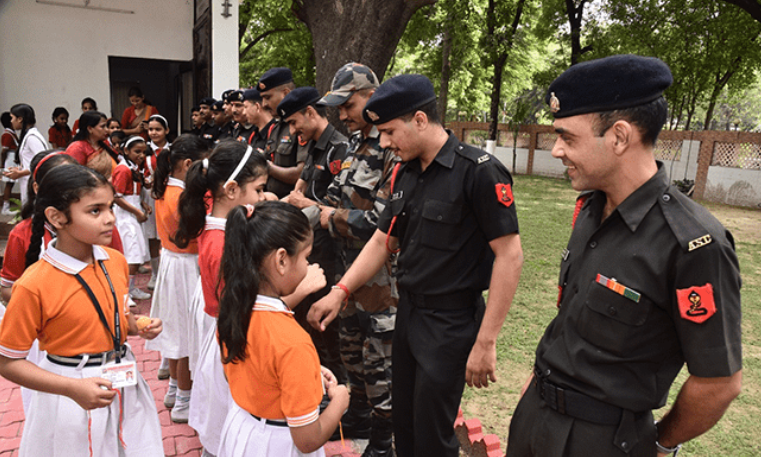
Questions hover over the future of Sajad Lone’s Peoples Conference, Altaf Bhukari’s Apni Party, and Ghulam Nabi Azad’s Democratic Progressive Azad Party (DPAP) that were projected as an alternative to “dynastic politics” in Jammu and Kashmir and often labelled as the BJP’s “proxies” after their dismal show in the recently concluded Lok Sabha polls.
Of the 72 Assembly segments in Jammu and Kashmir that make up the four parliamentary constituencies of Baramulla, Srinagar, Anantnag-Rajouri, and Udhampur, only the Peoples Conference secured a lead in an Assembly segment — Handwara in Baramulla — that is the home constituency of Lone.
The outcome has cast serious doubts about the future of the Apni Party and the DPAP and may also force the BJP to rethink its strategy of supporting them.
The Lok Sabha results have come as a rude shock to the Apni Party as two of its candidates — Mohammad Ashraf Mir and Zafar Iqbal Manhas — forfeited deposits in Srinagar and Anantnag-Rajouri respectively, especially at a time when Bukhari had been projecting himself as the future CM of Jammu and Kashmir. After a poor show in the District Development Council (DDC) polls in 2020, the party had hoped to better its performance in the Lok Sabha elections with the BJP’s support and a favourable administration.
Despite the BJP’s massive push in the Pahari belt of Pir Panjal, the party could not manage a lead in any of the 36 Assembly segments under the two Lok Sabha seats, and emerged runner-up in only nine segments. It managed to get 1.42 lakh votes (13.94% vote share) in Anantnag-Rajouri, of which about 91,986 (65%) of its votes came from the Pir Panjal range. In Srinagar, the party managed only a 9.7% vote share.
This story was originally published in indianexpress.com. Read the full story here.






